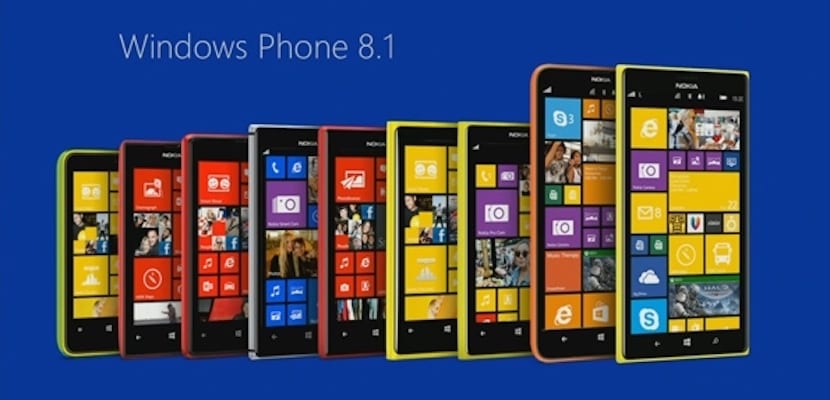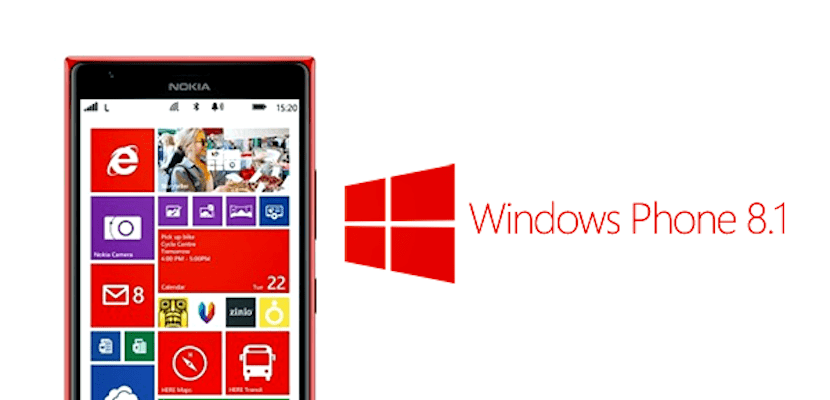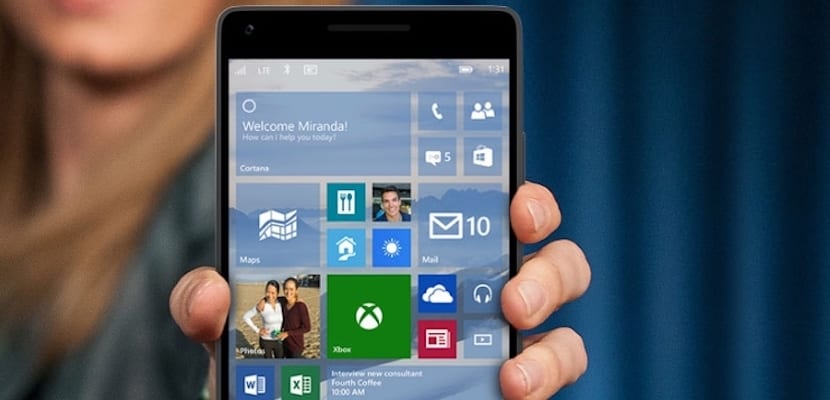
Although yesterday many of us were more aware of catching a good offer on Amazon Prime Day than anything else, the truth is that an event of great importance occurred, not so much for its effective impact as for its meaning: Microsoft locked down Windows Phone 8.1.
Born in 2010, for years Windows Phone tried to fight the supremacy of rival mobile operating systems, iOS and especially Android. But their efforts fell on deaf ears, and although Windows 10 Mobile seemed to bring new airs of hope for the company, the reality has been adverse and today it maintains a residual market share and a more than uncertain future.
Windows Phone 8.1 leaves us forever
Today we make a small gap (very small, lest they get used to us) to one of Apple's biggest rivals, Microsoft, and that is that yesterday the Redmond-based company stopped supporting Windows Phone 8.1, the mobile operating system prior to the current Windows 10 Mobile. With this, the "Windows Phone era" has finally come to an end.

When Microsoft launched Windows Phone in 2010, there is no denying that a large sector outside the company also had hopes in the new mobile operating system. In fact, in its first three years of life it managed to become the third mobile operating system However, the gap with respect to its two major competitors, iOS and Android, was abysmal, and it has only increased over time. So much so that at the beginning of this year iOS and Android had a combined 99,6% market share.
But despite the hopes pinned at its inception, the Windows Phone 8.1 system continued to "bleed out" and lose market share. Along with the withdrawal of support from users, also many developers began to stop being interested in the platform as their efforts were not rewarded, so they chose to abandon it and focus their work on more lucrative systems such as Google and Apple.
Windows 10 Mobile, an attempt in vain
His successor, Windows 10 Mobile, was a breath of fresh air, and an important qualitative leap forward however, there were too many terminals along the way that could not be updated, which has been fueling the abandonment by users and developers to reduce their market share to the minimum.

To this day, Microsoft continues to sell a very limited number of smartphones that run on the new version of its Windows 10 Mobile operating system, however, the system has only received minor updates in the last few months (the typical bug fixes, stability improvements, and security updates). The main reason seems to be Redmond's greater focus on the smart cloud. Thus, it is normal for users to continue leaving the platform.
Of the few users who remain loyal to Microsoft's mobile platform, 73,9% continue to use Windows Phone 8.1 compared to only 20,3% who have Windows 10 Mobile. The most serious thing is that of that 73,9%, a vast majority will no longer receive any updates, neither security, nor corrections, much less new functions, thus being left to their own devices and, probably, even more stimulated to give leap into competition. If you find yourself in this situation, we advise you to check if you can update to Windows 10 Mobile and if so, do so. For this you must download update advisor.
Microsoft has already stopped making its own Lumia smartphones and according to The Verge, rumors suggest that the company it will simply keep Windows 10 Mobile until support for the platform ends in 2018.
As pointed out in some media, Windows Phone is arguably another iPhone victim, and of course, also of the wave of Android smartphones that arrived after it, joining other victims such as Palm, BlackBerry or Nokia.
I find it quite biased to say that Windows Mobile is a victim of the iPhone, considering that more than 80% of the mobile market is dominated by Android.
And an Apple user says it ...
Hi, Pablo. I am also an iPhone user, for ten years. But the text does not state exactly what you say but rather (I copy and paste) «As pointed out in some media, it could be said that Windows Phone is another victim of the iPhone, and of course, also of the wave of Android smartphones who arrived after it. In that sentence, greater importance is given to "the wave of Android smartphones" but it is also specified that they came after the iPhone. That is why, taking into account that the iPhone was prior to Android phones, "it could be said that Windows Phone is another victim of the iPhone" although, if we talk about numbers, it is clear that there are many more Android smartphones than iOS.
If you read the text carefully, you will see that there is nothing biased in that expression that does NOT affirm, but rather says that it "could be said."
Greetings!
In a way, it is a victim of the iPhone. Let's remember that the iPhone was the first to arrive, and it established totally new "standard" features for what was then the mobile market: absence of keyboard, apps, large screens ... If Android is the way it is and it was as successful as it was, it is because Google knew how to see the opportunity and get in time with the other part of the cake, the one that Apple was never going to cover: the low and medium cost ranges.
Microsoft was late to the party and the cake was already distributed, so they could only settle for a few crumbs. And who wants to eat from a plate with crumbs? No one. Well, no one except Apple and Google.